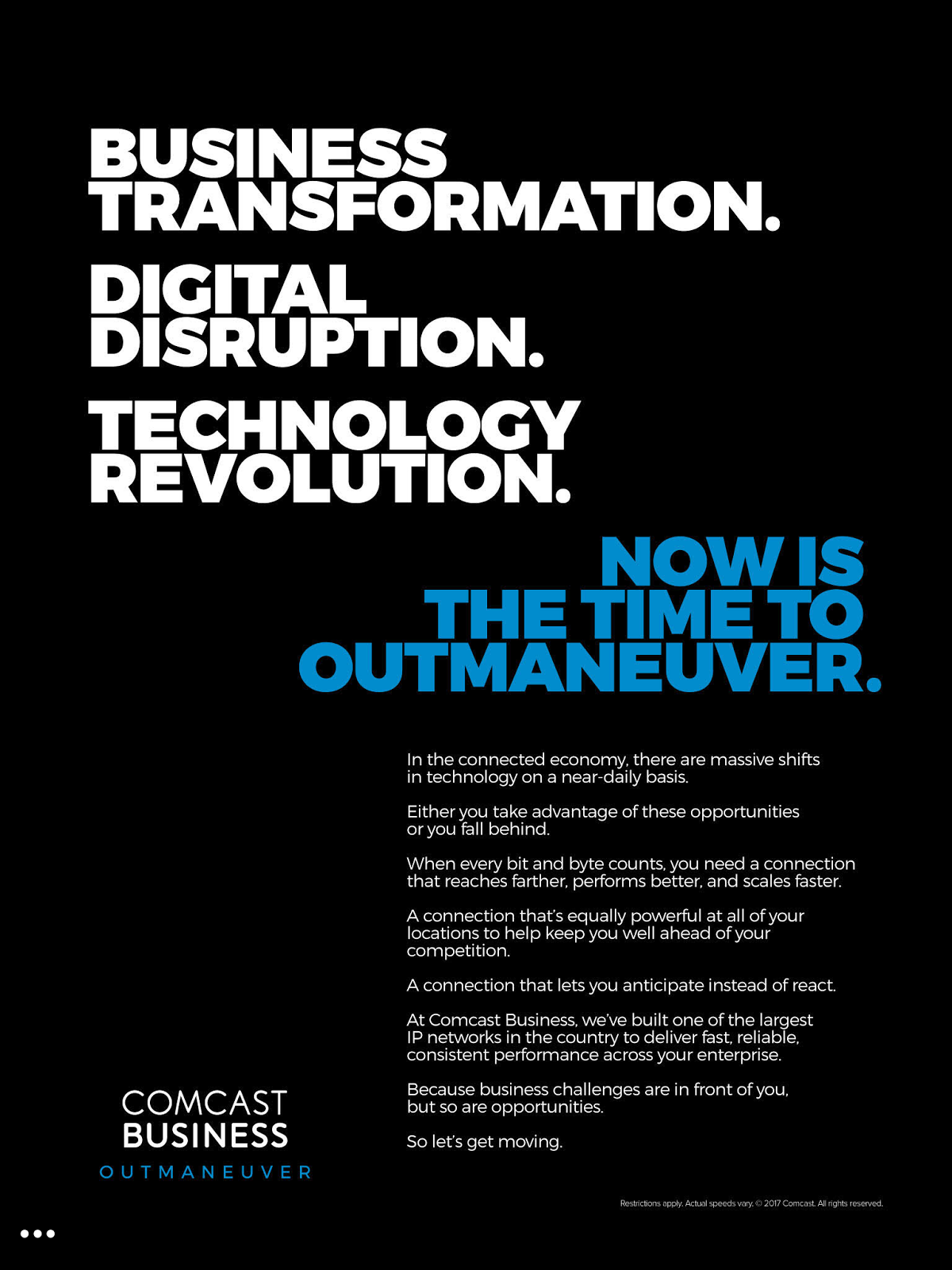Same-Sex Spouses, Green Cards & Happily Ever After
Q & A With Immigration Attorney Lynn E Schwartz
by Fabrice Tasendo
You have found your soul-mate and forever partner. You decide to get married, and want to make
your permanent home in the U.S. You’re
not sure if this is feasible because only one of you is a U.S. citizen. Can your spouse live and work here? What do
you need to do?
Lately I've been getting these questions a lot. With a name
like mine, once people realize that French is my native tongue and I only moved
to the U.S. right after college, I pretty much get interrogated. Now that the
nation is being swept with Marriage Equality, bi-national couples are getting
married and having to navigate the muddy waters to a green card, pretty much
like my bi-national straight friends did before them.
So I sat down with immigration attorney Lynn E Schwartz
of Lemery Greisler LLC, and it was my turn to question her.
Q: Lynn, all my
friends are getting married and all my bi-national friends are quizzing me. Is it true that their spouses can now live
and work here?
A: While it was not the case a few years ago, today U.S.
citizen same-sex spouses may petition for permanent residency or “green cards”
for their foreign national spouses. The
granting of federal immigration benefits can no longer be denied due to one’s
sexual orientation. In simple terms, a
U.S. citizen (or permanent resident) married to a foreign national same-sex
spouse can file an immigrant petition on his or her behalf in order to secure a
green card (permanent resident status). With a green card, the foreign national
spouse may live and work in this country (and if they want, one day apply for
citizenship). As with any marriage-based
petition, same-sex or straight, if the marriage is less than two (2) years in
duration, the green card will be conditional, and after two (2) years, the couple
will need to apply to remove those conditions.
Q: That sounds like
Equal Rights to me. What is the number one advice you want to give our readers?
A: Hire a lawyer! [Laughs] The ABCs of U.S. immigration law
are confusing and intimidating (not to mention frustrating). The hoops you need to jump through to get a
green card for your spouse can often seem like moving targets. It is definitely worthwhile to work with an experienced
immigration attorney to guide you through the process.
Q: Intimidating
sounds about right. Between completing
all the government forms, gathering necessary documentation, background checks,
finger printing, interviews & more, it’s tough to navigate. What if you
can’t afford a lawyer?
A: I can definitely appreciate the financial burden of
retaining an attorney, but I think it is money well spent. You need to ask yourself: would you hesitate to hire an accountant to
help with a complicated tax scenario? It
is not all that different; we are talking about dealing with a large,
monolithic government bureaucracy, one which will be making decisions that
greatly affect your life. So do your
research like your life depends on it, because it does. Each person has a
different story and a different path. We've all seen the movie Green Card (ED
Note: our younger viewers should check it on Netflix) and we've all heard
horror stories of couples being separated for many years, and both the
financial and emotional toll it puts on your relationship. Honestly, in many of
these cases gone wrong, had the couple retained the right attorney, the
majority of their problems could have been avoided. If you really can’t afford to hire an
attorney, there are other resources people can turn to, e.g. not-for-profit
organizations or law school immigration clinics.
Q: What is the common
mistake people make when dealing with USCIS [United States Citizenship and
Immigration Services]?
A: The following may sound like an oxymoron but it’s
true: you need to be honest and
forthcoming… to a point. Many people
unilaterally decide that certain events or circumstances are not relevant to an
application (when, in fact, they are), and that others are relevant (when in
fact, they need not be). I know that
sounds rather cryptic, but the right attorney can help delineate between what
is and what is not critical to a petition or how best to approach a USCIS
interview, or what evidence you should or must include with a petition.
Q: What’s your most
memorable tour de force in dealing with USCIS?
A: I’ve seen so many
instances where marriages you thought would be difficult to prove as
“legitimate” (think cheesy chapel in Vegas wedding) sailed through, while
others that you thought were rock solid were more difficult to sell because of
one minor hiccup. And “selling” is what
you are doing with USCIS – you must convince USCIS of the legitimacy of your
marriage, because the presumption is that the marriage is NOT legitimate until
proven otherwise. It’s the opposite of
“you’re innocent until proven guilty.”
Q: That is
fascinating! Are the government fees as high as I remember them?
A: The USCIS fees to
file a complete green card application are approximately $1,500.
Q: I guess they are
higher than I remember! What if your partner is HIV positive, is that still a
deal breaker for the US government?
A: Since January of,
2010, HIV testing has no longer been included on the routine medical exam which
is a part of the green card application process, and HIV is no longer one of
the diseases that can, under federal law, preclude one’s getting a green card.
Q: That’s probably a
good illustration of things you probably should omit mentioning, as you
described before. Is it also true that a permanent resident (so not an American
citizen) can also sponsor you to get your green card?
A: Yes, a permanent resident may sponsor a spouse for a green card BUT the timeline to adjust status to that of permanent resident could be longer depending on whether a visa was immediately available. (with a US citizen spouse, that does not apply).
A: Yes, a permanent resident may sponsor a spouse for a green card BUT the timeline to adjust status to that of permanent resident could be longer depending on whether a visa was immediately available. (with a US citizen spouse, that does not apply).
Q: Thanks Lynn,
that’s a lot of helpful information. So
what I’m hearing is, it really is imperative to work with an immigration
attorney
A: [Laughs] Yes, while some people can change the oil in
their car or change a tire, most people take the car to a mechanic. Similar to filing taxes: you certainly could
prepare your returns yourself, but many people opt to hire CPAs to ensure they
are done properly. You want to go where
the knowledge is. It’s important to remember that with the immigration process,
besides monetary costs, there are emotional ones. Hiring a good attorney is important on different
levels: first, it can help alleviate the
anxiety inherent in the green card application process; secondly, keep in mind
you probably will retain the same attorney again when you need to remove conditions
from your green card, or when you become eligible to apply for citizenship. So make sure you pick
not only an experienced attorney, but someone who understands the stresses of
dealing with USCIS. Partnering with the right attorney will give you a great
sense of comfort, and let you focus on what matters most – your marriage.
It was my turn to laugh! So there you have it folks, email
me if you have any follow-up questions or better yet check out Lemery
Greisler’s site or call Lynn’s office at 518.581.8800. She’s also on
Facebook https://www.facebook.com/LSchwartzLG
with regular news about the ever changing landscape of U.S. immigration, and
you can follow her at Twitter @LESLG12866.
Stay tuned for my next Q & A with Lynn where I ask her
all about the O-1 visa, for my extraordinary friends.







Comments
https://www.baneh.com
thanks alot